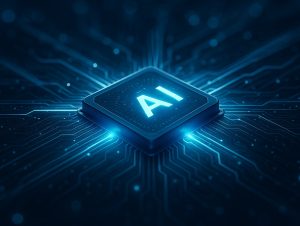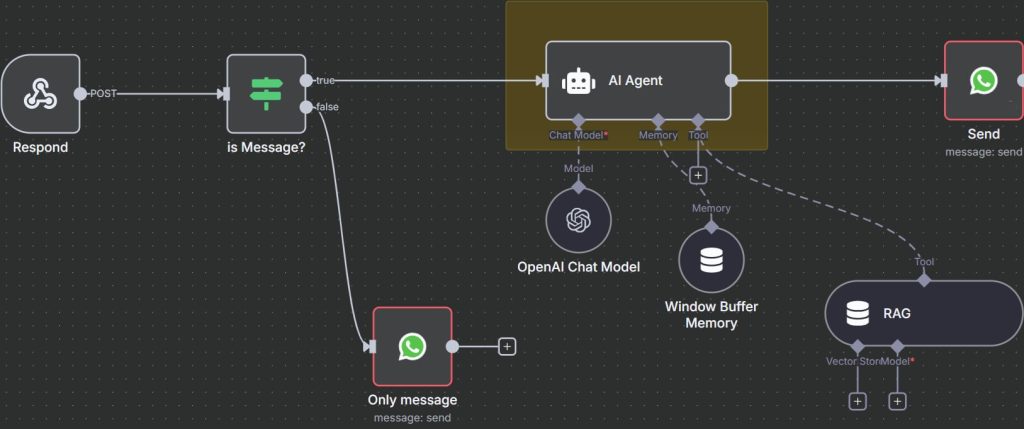This is the direction known as Agentic AI — a new generation of artificial intelligence capable of acting autonomously, contextually, and collaboratively, deeply integrated into organizational processes.
We integrate Artificial Intelligence solutions tailored to your company’s needs to automate processes, accelerate decision-making, and unlock greater value from your data. AI agents work alongside your team, taking over repetitive tasks and delivering real-time insights, helping your organization become more agile, competitive, and ready for the future.
Artificial Intelligence (AI) is redefining how companies operate, make decisions, and interact with data. By applying AI in business, organizations can optimize workflows, enhance customer experiences, and create value faster than ever before. At Magnetic IT, we implement AI solutions and intelligent agents that help companies work more efficiently, securely, and intelligently. From Large Language Models (LLMs) and GPT to autonomous AI agents, we bring Artificial Intelligence into everyday operations in a practical and secure way.
What is Artificial Intelligence
Artificial Intelligence is the ability of computer systems to analyze, reason, and act based on data, imitating human cognitive processes. Unlike traditional software, which follows fixed rules, modern AI learns from data, adapts to new contexts, and can make autonomous decisions. Its evolution has been accelerated by the emergence of LLMs (Large Language Models) — advanced language models capable of processing and generating text in a natural way. A well-known example is the GPT (Generative Pre-trained Transformer) family of models, which can understand context, synthesize information, and provide relevant, coherent responses.



